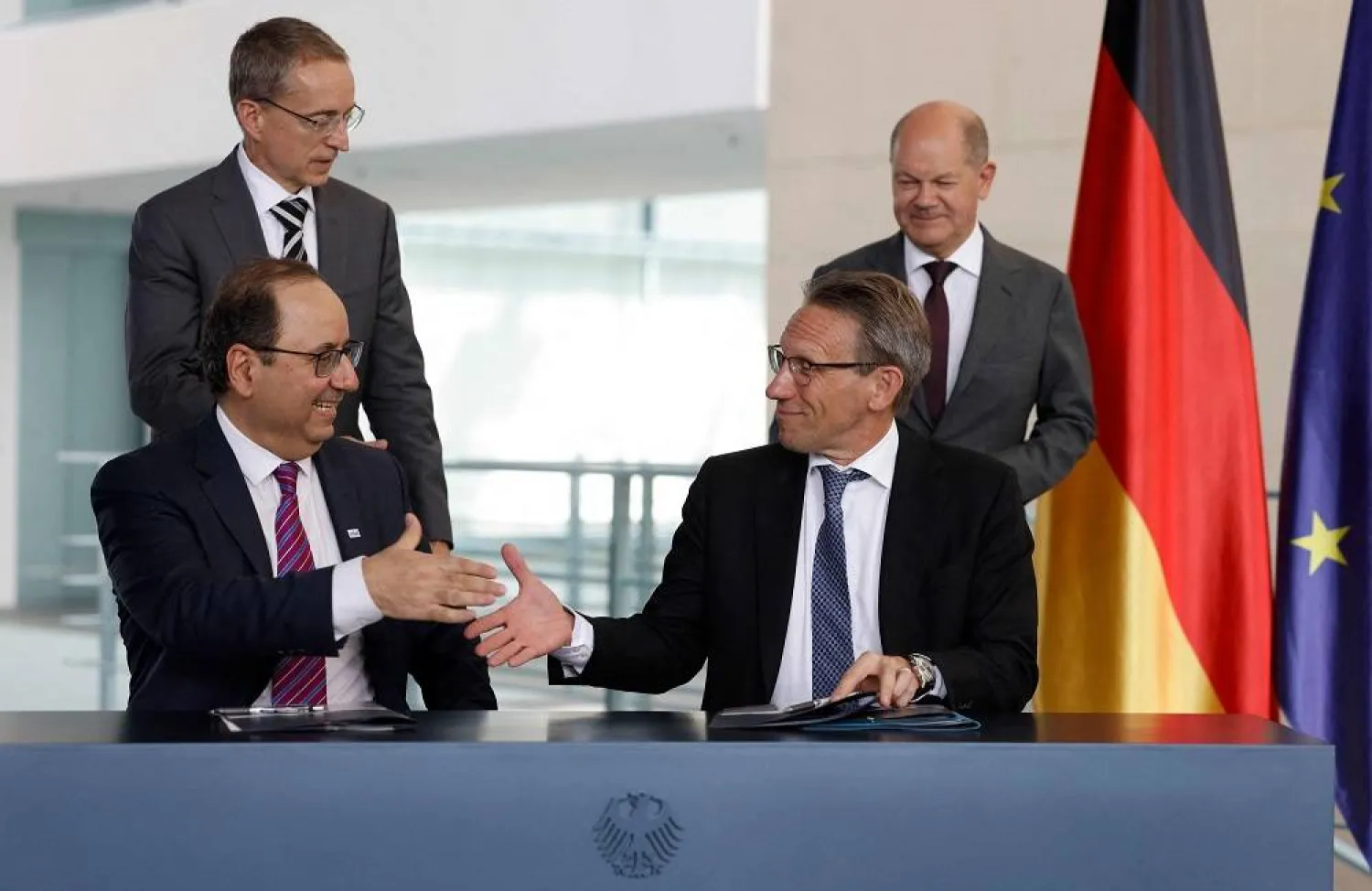Intel will invest more than 30 billion euros ($33 billion) in Germany as part of its expansion push in Europe, the US company said on Monday, marking the biggest investment by a foreign company in Europe's top economy.
The deal to build two leading-edge semiconductor facilities in the eastern city of Magdeburg involves 10 billion euros in German subsidies, a person familiar with the matter said.
Intel CEO Pat Gelsinger said he was grateful to the German government and the state of Saxony-Anhalt, where Magdeburg is located, for "fulfilling the vision of a vibrant, sustainable, leading-edge semiconductor industry in Germany and the EU".
Under Gelsinger, Intel has been investing billions in building factories across three continents to restore its dominance in chipmaking and better compete with rivals AMD, Nvidia and Samsung.
The deal in Germany would be Intel's third big investment in four days. It unveiled plans on Friday for a $4.6 billion chip plant in fellow European Union member Poland and Israel said on Sunday Intel would spend $25 billion on a factory there.
Globally, semiconductor manufacturing is expected to become a trillion-dollar industry by 2030, expanding from $600 billion in 2021, according to McKinsey.
Both the United States and Europe are trying to lure big industrial players via a mix of state subsidies and favorable legislation, with Germany concerned about losing appeal as a place to invest.
The government in Berlin is investing billions of euros in subsidies to lure tech companies, amidst growing alarm over supply chain fragility and dependence on South Korea and Taiwan for chips.
"Today's agreement is an important step for Germany as a high-tech production location – and for our resilience," Chancellor Olaf Scholz said on Monday.
"With this investment, we are catching up technologically with the world's best and expanding our own capacities for the ecosystem development and production of microchips."
Attractive location
Berlin is also talking with Taiwan's TSMC and Sweden's electric vehicle battery maker Northvolt about setting up production in Germany, having already convinced Tesla to build its first European gigafactory there.
Frankfurt-listed Intel shares were 0.4% higher at 1419 GMT.
Monday's agreement includes what Intel said was increased government support including incentives, reflecting the expanded scope of the project since it was first announced in March 2022.
Initially, Intel wanted to invest 17 billion euros in the Magdeburg plant, an amount that has nearly doubled to more than 30 billion.
"This shows: Germany is a highly attractive location. We play at the forefront of global competition and secure sustainable and qualified jobs and value creation," Economy Minister Robert Habeck said.
The first facility in Magdeburg is expected to enter operation 4-5 years after the European Commission's approval of the subsidy package, Intel said.
About 7,000 construction jobs will be created in the first expansion, plus around 3,000 high-tech jobs at Intel and tens of thousands of jobs across industry, the US chipmaker said.
Intel announced plans last year to build a big chip complex in Germany and facilities in Ireland and France as it seeks to benefit from easier European Commission funding rules and subsidies. The EU is trying to reduce its dependence on US and Asian chips supply.
Gelsinger had told Reuters on Friday that the gap between what Germany had offered in subsidies and what Intel needed was too big but said he expected to reach an agreement, adding that his request was to be cost competitive.
"We lost this industry to Asia, we have to be competitive if we're going to bring it back," he said.









